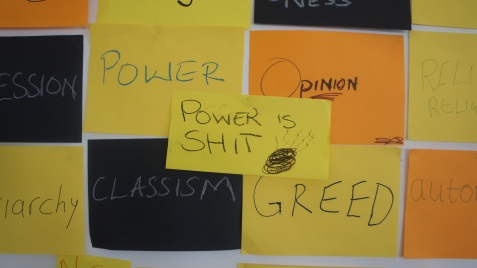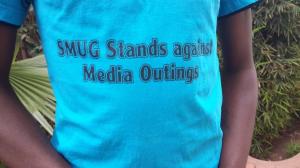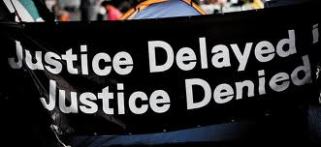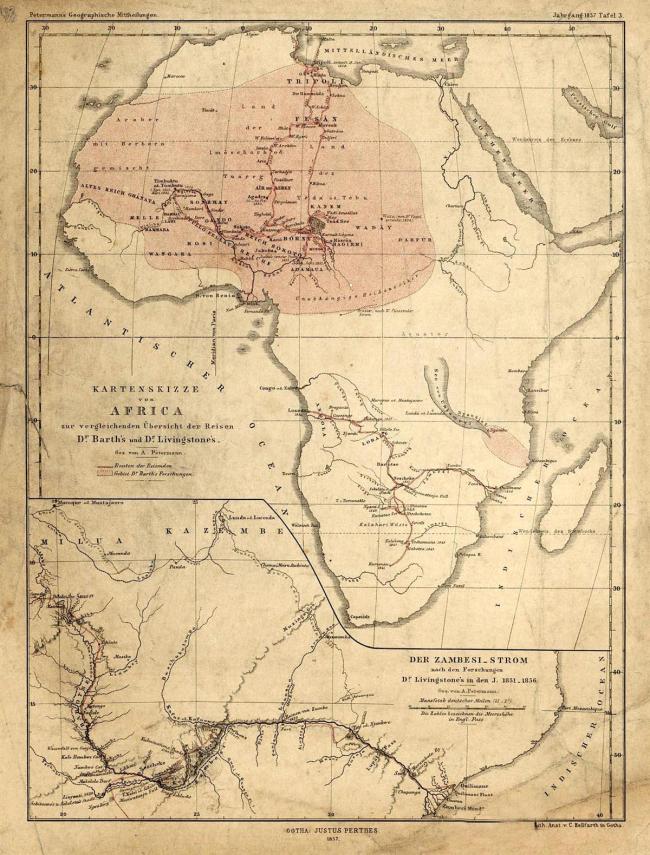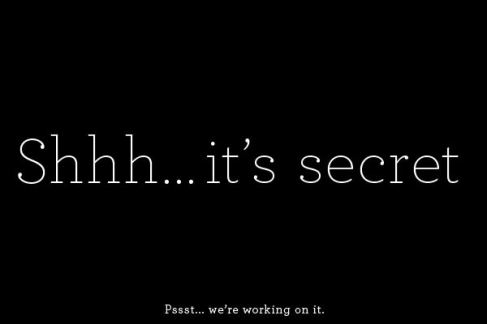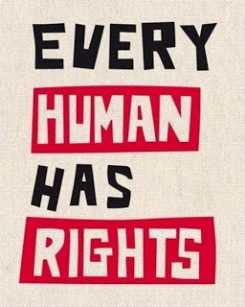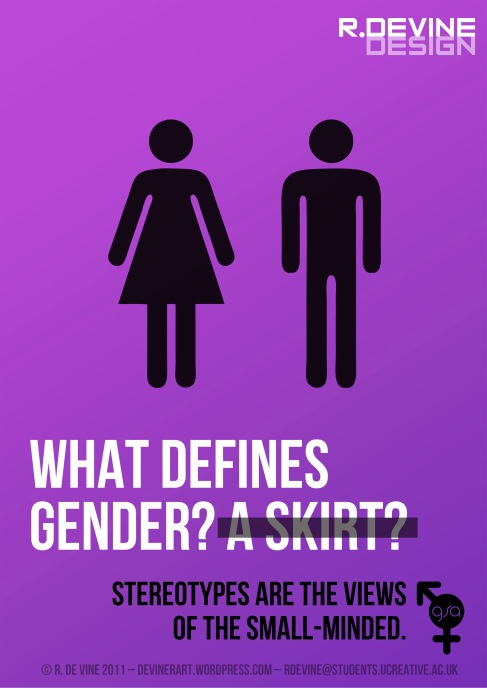![Social Justice Activist Blessol Gathoni at the 59th Comission on the Status of Women [CSW]](https://caladvocacyblog.files.wordpress.com/2015/07/blessol.jpg?w=1000&h=561)
Social Justice Activist Blessol Gathoni at the 59th Commission on the Status of Women [CSW] on the right, with fellow activist, Cai Yiping.
By Queer Social Justice Activist,Gathoni Blessol
Representatives from the Coalition of African Lesbians [CAL], attending the Commission on the Status of Women’s 59th Session at the United Nations Headquarters in New York, attended a number of sessions and side events that speak to the situation of women’s rights in the world.
Below is a presentation that Gathoni Blessol, a Social Justice activist working with Bunge La Wamama Mashinani [Grassroots Women’s Parliament],a grassroots women’s movement based in Nairobi, Kenya.
She presented the below paper on a panel looking at grassroots organising by women. We felt that a lot of her thoughts intersected with our work, and that we should share this article with you.
Enjoy and engage!
Debunking the SDGs at the entry point Language, Logic and Framework
Personal experience: modalities of exclusion at UN The engagements with the UN-at multiple levels-that our movement Bunge La WaMamaMashinani has had, have been sporadic and mostly as physical statistic rather than participatory process. From the point of entry the ideologies, behaviours and structures in he UN have segregate you to not be able to change the direction of a/particular discourse(s) or the basis of it. If you fit your self in the dominant ideology(s) you can at best affect cosmetics of the agenda. This is at personal, institutional and inter-‐governmental level. It was a point I raised, at a separate event-as this-at the Open Working Group with one of the Major Groups in the 5th SDG session that took place here in NYC in 2013.
It focused on - and not limited to -Sustained and inclusive economic growth, infrastructure development and industrialization.But, directed and with focus on
Women. The logic of the SDGs: keeping it pro-profit. This language, has been very similar to the gospel of the Africa Rising
narrative that our current elitist authoritarian regimes-chant.
Our Kenyan government and civil society are more than ever now proxys of neo-liberal rules, regulations and policies. While harnessing societal yearning for self-emancipation and end to imperialist control, they have managed to draw it as a Pan African struggle. They have picked up the MDGs, paraphrased SDGs and fit them into their own economic interests and control –the same way Western, Latin, Asian governments are doing and the same way companies or their representatives, trade
agreements and partnerships within governments, and, or financial institutions are doing. The priority behind this thinking
as been to accelerate profit above all – and this here, has meant profit for a few. Thus, national regulations are beginning
to mirror the prime interest in profits over livelihoods and dignity of the people or the planet. The packaging is being pushed
instrumentally, and in ‘progressive’ language, or targets as the MDGs. And in the Kenyan context, of a very tired people-deprived of liberty to proper information on how and where their lives are being directed from – are subjected to this. So the hear the president’s chant of sustainable economic growth, smart agriculture and infrastructure development as a means
to an end. After all the general idea behind pro-‐profit sensationalism is also that this poverty is an individual responsibility –
it’s a fault of our own, that renders our societies criminal for existing in it. This has eradicated the possibilities of the root
cause of poverty being the penetration of the market and pro-‐profit logic globally, in governments, monitoring, evaluation
and accountability institutions and the entire development machinery. At decision-making levels the market has largely penetrated, because globally we have allowed them to set the rules. This we have done quite tangibly through anti-‐human taxation structures, but also by carrying their ideology, chanting economic growth and reckless consumption without demanding proper production mechanisms.
-‐-‐-‐-‐-‐-‐-‐-‐-‐-‐-‐-‐-‐-‐-‐-‐-‐-‐-‐-‐-‐-‐-‐-‐-‐-‐-‐-‐-‐-‐-‐-‐-‐-‐-‐-‐-‐-‐-‐-‐-‐-‐-‐-‐-‐-‐-‐-‐-‐-‐-‐-‐-‐-‐-‐-‐-‐
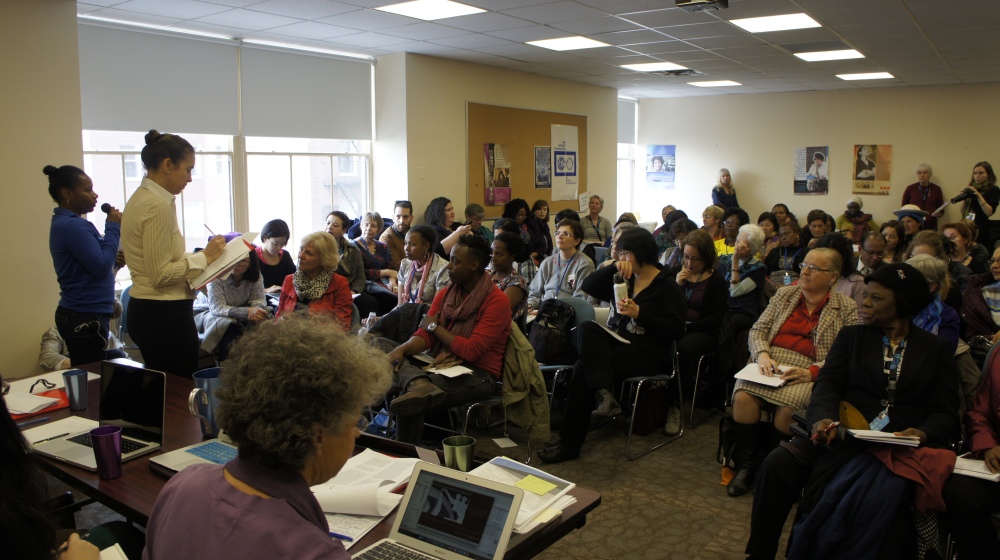
People attentively listening to Gathoni Blessol presenting her paper at the 59th CSW
The MDGs failed to address the structural causes of poverty, it failed to hold the powerful institutions, companies or individuals accountable who not
only maintained the status quo but in fact penetrated more and more into society, politics, market and culture to increase
profits and control. The MDGs have made progress, indeed-‐one could argue-‐ in curing some of the symptoms, in meeting their cosmetic targets, they have however not been able to tackle the unequal structures of race, class, sexism,
patriarchy, land-‐grab, forced evictions, privatization of natural resources, extractives, and homophobia. The outcome of
neo-liberal (MDG/SDGs) logic on-‐ground: looking at Kenya now, to shift the conversation closer home-I will focus on my
country, with hope that the interconnectedness of poverty, economic inequality and all forms of oppression –be it of women, people living with disabilities, small-‐scale farmers, LGBTI-‐Queers, indigenous people or children -‐resonates with people from other geographic locations. Kenya, has been a darling of the West and development partnerships. Just recently, it shifted into a middle-‐income country, however it was measured-‐ we were not consulted. The economic sector is booming, Kenya recently found oil and the national and global elite is excitedly
displacing people to secure it. There are major giant infrastructure projects underway – that is buying people off cheaply
or forcefully evicting them. In promotion of agribusiness, Kenya is on track being in bed with the usual culprits of GMO
and fertilizer control. And, in terms of creating tax havens our country has been inventive with so called Export Processing
Zones. Its determination to attract FDI and investors who are tax holidaying in Mauritius has prompted them to join the
‘terrorism’ economy, which allows Kenya to increase its military power (‘capacity’)within and out, of the country. We are dominating regionally, especially in war-‐torn areas like Somalia and South Sudan or ‘economically challenged’ countries like
Tanzania. Kenya has looked ‘East’ for infrastructural development and technologies with China, but also doesn’t mind
‘West’ with its dysfunctional/ failed systems-‐or really anyone with economic benefits for the ruling class. In that mix-as the
rest of Africa, they have committed to supporting the MDGs while maintaining old school patriarchal systems. These ‘developments’
have come at a great price for the people. One is the massive displacements and evictions of people all over the country.
These are directly or indirectly linked to the neo-liberal framework and regimes. The lowest and most degrading being
in Jan 2015 our government tear-gassed children who were protesting over the illegal land grab of their playground. The
price of land has by far exceeded the value of people. So many people loose their livelihoods and are plunged into dependency because the land they settled on can make billions for others. This has happened in urban centers because of infrastructural developments or high end and luxury real estate developments, especially in the capital city and the coast. Evictions
are also connected to mineral exploration, where different methods of displacing people are utilized, there is old-‐fashioned
eviction, there is instigation of inter-‐clan wars (through resource and deprivation as well as supply of weapons) and there
is utilization of chiefs or elders or national authorities to buy the land at throw away prices. This, with inclusion to population being disowned by large agribusiness plans, whose purpose is not to produce food for the people, but for export and to instill corporate control over food production. It has translated to dependency on fertilizers and sneaking in of GMO crops both
of which benefit the foreign owned monopoly on the same. Spearheaded and greatly funded by the same corporations that
give funds to the UN women group. These developments are not about food security, they prompt the dis- ownership and
evaluation of farmers and with it they doom especially rural women into poverty.
The same goes for ‘environmental protection’ -which will not work as long as it is rested in pro-profit logic. Because under
this Kenya has allowed corporations to displace people that have lived for centuries in harmony with environment in order
to control the land and possible privatize its resources like water. Coca Cola for example has promised to do so in Tana
River. This is not to forget-the UN itself having a project the UN REDD+ that allows companies to do business as usual,
to continue to pollute while gaining cheap and legitimate access to land in developing countries. One such project has
displaced the Embobout community in the North of Kenya to grow monocultures. Toppled up with China’s rise, it seems
the next idea is to have sweatshops in Africa. The best example of the pro-‐profit logic over pro-people is that we allow children to sew clothes for 12 hours, a day. The clothes are then bought and worn in the west and land
back in Kenya as donations that have to be bought by vendors while undermining the domestic textile industry. And,
the country is being asked to patriotically take pride in these developments. These are just but a few of the endless list
of examples, they are in fisheries, health and ownership of women’s self determination processes.’ The corporate control
over our policies informing the neo-‐liberal logic has kept people in dependency and oppressive relations. On one hand,
they privatize health care, water electricity, and the other resources are used to develop industry and not people. And our
government(s) are controlling these ‘developments’ by the following. Use of propaganda machinery, increased militarism,
but also onslaught of activists and the control of the media and civil society. Narrative versus implementation (reality):
On-‐ground struggles.These ‘developments’ for lack of a better word, has raised a smoke of doubt and grave concern
within the organizing communities who are working within very harsh socio-economic, political and economic REALITIES.
Who share the word grassroots in ideology and experience. There is a perspective that sees the SDGs as
a narrative that should take over its predecessor the MDGs, only with suggested changes. They are not questioning the
very structures that have sustained inequality in the MDGs. There are however collective perspectives that see it differently.
But, these perspectives-are chocked, never given space to mobilize, organize or breathe, without repercussions of being narrowed to “anti developmental” forces. And this on local, national or global standards. So we have the narrative versus implementation/
reality – and what it directly translates to on the ground- to assume, development versus transformative economies.
To debunk the neo-‐liberal and development narrative has been the work of Bunge la Wamama Mashinani, and comradeship on-‐ground, Continental and globally who are working for transformation of society other than
development of it. Dignity of human life, rather than upgrade of economic portfolio, sovereignty of the people rather than sovereignty of the capital have been the core of demands on-‐ground. What now? Individual responsibility to change
the logic This read is not to exclude the progressive and critical people in the UN hallways, who are there to see
what works, how it works, who have put efforts to build people and change the narrative, structures and behaviors only
from a ‘confined-privileged- satellite controlled space.’ But from an understanding that in this room, UN conferences
and working groups are people who have the privilege to think over and power to influence agendas and decision-‐
making. It is ONLY in order to demand self-‐ criticism of UN and every individual engaging with
it.
As civil society organizations and people who inform policies, it remains important to dig deeper than the surface. There
are people with all sorts of expertise and inside knowledge if only it were applied on the basis of structural change.
My obligation in this space is to give you the realities on the ground. An in-depth understanding of the ills in my society,
demand a conscious self-‐critical existence that touches on many comfort zones. From there on, it is individual
responsibility of everyone to know where to stand in each and every space they engage in. Even though, its not in its entirety. The SDG framework is a hypocritical manuscript to hide the interests and economic controls of elites, governments, companies and powerful individuals all over the world to obscure the underlying ideology and structures that have maintained poverty and deny people their dignity. Any solution or target then merely treats the symptoms of structures
that serve a few while undermining the dignity of the majority. It is a scam. Such as the political declaration by the heads of
state for the Commission on the Status of Women this year. I will end by saying. What a sister of ours has continually
stated. All oppression is connected. And only from the roots can we unbound our people. It is our responsibility to affect
change. All this from a woman, feminist, perspective, focus on women and minority groups-farmers, indigenous peoples,
queers, women, girls and children need to be radical and addressing structural inequalities both instrumentally, and
practically.
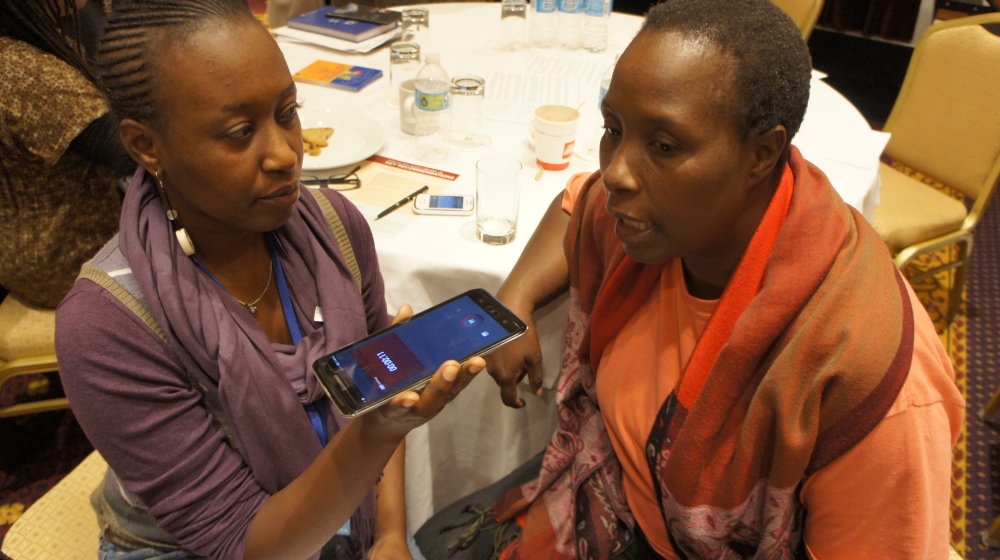
![Social Justice Activist Blessol Gathoni at the 59th Comission on the Status of Women [CSW]](https://caladvocacyblog.files.wordpress.com/2015/07/blessol.jpg?w=1000&h=561)

